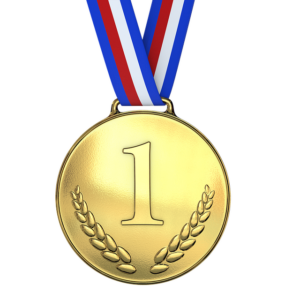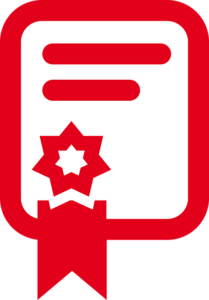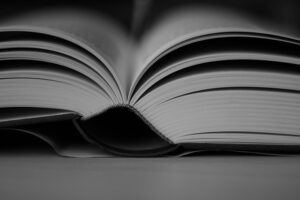Expert Translators for UK Technical Guidelines: Navigating Standards with Precision
Precision and expertise are vital for translating UK technical guidelines and standards. Reputable translators with deep understanding of British English and industry knowledge ensure accessibility and accuracy across diverse markets. Advanced techno…….

Precision and expertise are vital for translating UK technical guidelines and standards. Reputable translators with deep understanding of British English and industry knowledge ensure accessibility and accuracy across diverse markets. Advanced technologies enhance efficiency while maintaining quality, addressing complex jargon and cultural nuances critical for global collaboration in healthcare, engineering, and safety sectors. Cost-effective services leverage tools and human oversight for large-scale standardization, facilitating compliance and innovation worldwide.
“Are you seeking expert translators for precise UK technical guidelines and standards translations? With an ever-growing global market, accurate documentation is key. This comprehensive guide explores the intricacies of technical translation, from understanding complex jargon to ensuring cultural sensitivity. We delve into finding reputable translators specialising in UK guidelines, quality assurance processes, navigating technical challenges, and more. Discover best practices for effective communication and successful case studies, ensuring your technical documents shine globally.”
- Understanding the Importance of Accurate Technical Translation
- Finding Reputable Translators Specialising in UK Guidelines
- The Skills and Expertise Required for Technical Document Interpretation
- Quality Assurance Processes in Professional Translation Services
- Navigating Complex Technical Jargon in Different Industries
- Ensuring Cultural Sensitivity in International Standards Translation
- The Role of Technology in Modern Technical Translation Practices
- Case Studies: Successful Translations of UK Technical Documents
- Cost-Effective Solutions for Large-Scale Standardisation Projects
- Tips for Effective Communication with Your Chosen Translators
Understanding the Importance of Accurate Technical Translation

Technical translation goes beyond simple word-for-word interpretation. When it comes to UK technical guidelines and standards, precision is paramount. These documents often contain complex terminology, intricate regulations, and specialized knowledge that requires a deep understanding of both the source and target languages.
Accurate translations ensure these guidelines are accessible and effective for international audiences, facilitating safe implementation and compliance across diverse markets. Relying on expert translators with specific technical training ensures clarity, consistency, and cultural adaptability. This is vital in industries where errors can have serious consequences, such as healthcare, engineering, or safety regulations.
Finding Reputable Translators Specialising in UK Guidelines

When seeking expert translators for UK technical guidelines, it’s crucial to focus on reputable sources. Start by looking for agencies or freelancers who specialise in translation services for UK Technical Guidelines and Standards. This expertise ensures they understand the nuances of British English terminology and regulatory language used in these documents.
Reputable translators will not only possess strong language skills but also a deep understanding of the subject matter. They should be able to accurately convey complex technical concepts while adhering to the guidelines’ specific requirements. Checking past client testimonials, portfolio samples, and certifications can help verify their competence.
The Skills and Expertise Required for Technical Document Interpretation
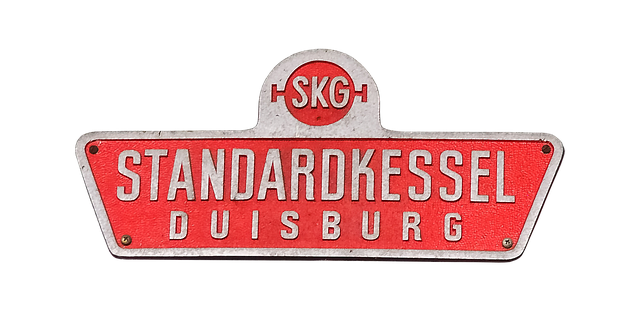
When seeking expert translators for UK technical guidelines, understanding the specific skills and expertise required is paramount. Technical document interpretation demands a unique blend of linguistic proficiency and specialized knowledge in the relevant field. Translators must possess a deep understanding of both the source and target languages to accurately convey complex technical concepts while maintaining precision and clarity.
Beyond language competence, translators engaged in translation services for UK Technical Guidelines and Standards should be adept at interpreting specialized terminology, grasping intricate industrial or scientific contexts, and staying up-to-date with industry-specific terminologies and evolving standards. They must also demonstrate excellent attention to detail, ensuring the translated document is technically sound, consistent, and free from errors.
Quality Assurance Processes in Professional Translation Services

Professional translation services for UK technical guidelines and standards must adhere to stringent quality assurance processes. These procedures are designed to ensure that each translated document meets the highest levels of accuracy, fluency, and cultural appropriateness. Quality assurance begins with a thorough review of source materials, where translators carefully analyse technical terminology, jargon, and complex concepts to avoid misinterpretation.
Throughout the translation process, multiple checks are conducted at various stages. This includes proofreading to correct any grammatical errors or inconsistencies, as well as back-translation by native speakers from the target language to verify accuracy. Moreover, some services employ advanced technologies like machine translation and AI tools for initial drafts, followed by human review to refine the output, guaranteeing a seamless blend of technical precision and linguistic fluency.
Navigating Complex Technical Jargon in Different Industries
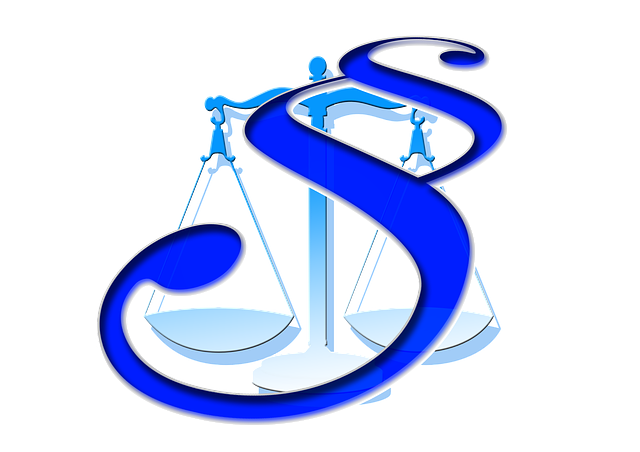
Navigating complex technical jargon across various industries is a specialised task that requires precision and expertise. When it comes to UK technical guidelines and standards, accuracy in translation is paramount. Different sectors, from healthcare to engineering, employ unique terminology and abbreviations, making effective communication challenging. Professional translators play a pivotal role here by ensuring these nuanced terms are conveyed accurately in target languages.
Translation services for UK Technical Guidelines and Standards must possess a deep understanding of industry-specific terminology and the ability to adapt to evolving language use. They facilitate clear communication, enabling guidelines and standards to be accessible and applicable globally. This is especially crucial when international collaboration is involved, ensuring that technical information is not only translated but also culturally adapted for diverse audiences.
Ensuring Cultural Sensitivity in International Standards Translation
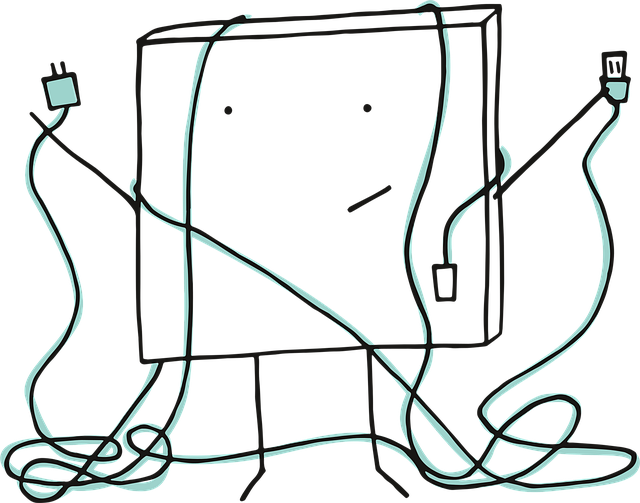
When seeking translation services for UK technical guidelines and standards, cultural sensitivity is a critical aspect often overlooked but with profound implications. Effective translation goes beyond mere word-for-word substitution; it involves conveying nuanced meanings, idiomatic expressions, and cultural references accurately across languages. This is especially pertinent when dealing with international standards, where documents must be accessible and understandable to diverse audiences worldwide.
Professional translators for technical guidelines should have a deep understanding of both the source and target cultures. They should be adept at identifying and respecting cultural subtleties, ensuring that translated content resonates with readers from different backgrounds. This includes being mindful of regional variations, as even within a single language, local idioms and customs can differ significantly. By prioritizing cultural sensitivity, translation services for UK technical guidelines and standards not only enhance readability but also foster better international collaboration and comprehension.
The Role of Technology in Modern Technical Translation Practices

In today’s digital era, technology plays a pivotal role in enhancing modern technical translation practices. Advanced tools and platforms have revolutionised how translators approach complex tasks, particularly for UK technical guidelines and standards. Machine translation software, for instance, can provide initial drafts, enabling translators to focus on refinement rather than basic translation. This not only speeds up the process but also ensures consistency across lengthy documents.
Additionally, computer-aided translation (CAT) tools allow translators to store and reuse terminology, ensuring accuracy and efficiency. These technologies also facilitate collaboration among team members, facilitating real-time feedback and project management. As a result, translation services for UK Technical Guidelines and Standards have become more accessible, cost-effective, and high-quality than ever before.
Case Studies: Successful Translations of UK Technical Documents

When it comes to technical translation, success is measured by the accuracy and clarity of the final document. Case studies of successful translations of UK technical guidelines highlight the importance of expert translators who understand not just the language, but also the underlying concepts and regulatory frameworks. These professionals ensure that complex information is conveyed coherently, preserving the integrity of the original content while adapting it for a new audience.
For instance, consider a recent project involving translation services for UK technical standards in the healthcare sector. The challenge was to translate detailed guidelines on medical device safety into multiple languages while adhering strictly to regulatory requirements. The translator team, comprising native speakers with specialized medical and linguistic expertise, delivered an impeccable final product. This success story underscores the value of specialized translation services tailored to meet the unique needs of UK technical guidelines and standards.
Cost-Effective Solutions for Large-Scale Standardisation Projects

In today’s globalised market, ensuring clear communication across diverse languages is paramount, especially within the realm of UK technical guidelines and standards. Cost-effective solutions are highly sought after, particularly for large-scale standardisation projects that require consistent terminology and formatting. Professional translation services play a pivotal role in this regard, offering not just words but also cultural nuances and industry expertise.
These services employ advanced tools and technologies to streamline the localisation process, making it more efficient and affordable. By leveraging machine translation coupled with human oversight, businesses can achieve high-quality outputs while significantly reducing costs. This approach is particularly beneficial for technical documents that demand precision, ensuring compliance across all languages and regions, thereby fostering a seamless global exchange of knowledge and ideas.
Tips for Effective Communication with Your Chosen Translators
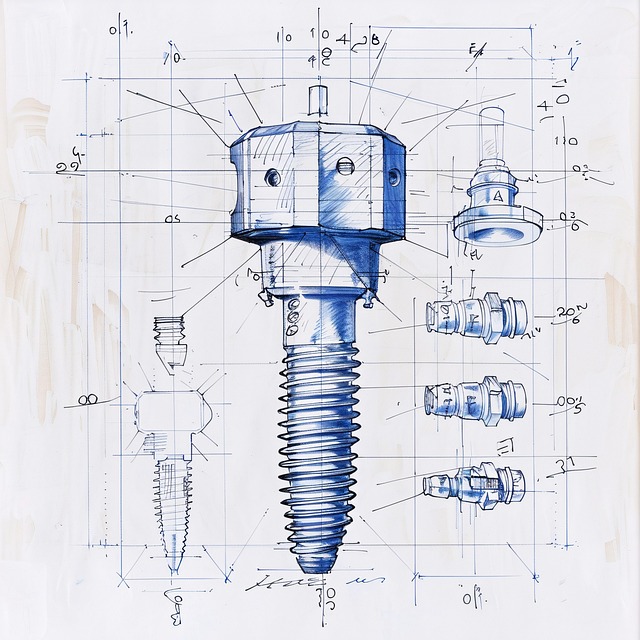
When seeking expert translators for UK technical guidelines, it’s crucial to navigate a balanced blend of human expertise and technological advancement. The right service provider should offer robust quality assurance processes, handle complex jargon effectively, and ensure cultural sensitivity. By following the insights from this article—from understanding key requirements to leveraging technology—you can select the best translation services for your UK technical guidelines and standards projects, ensuring accuracy, efficiency, and global reach.



